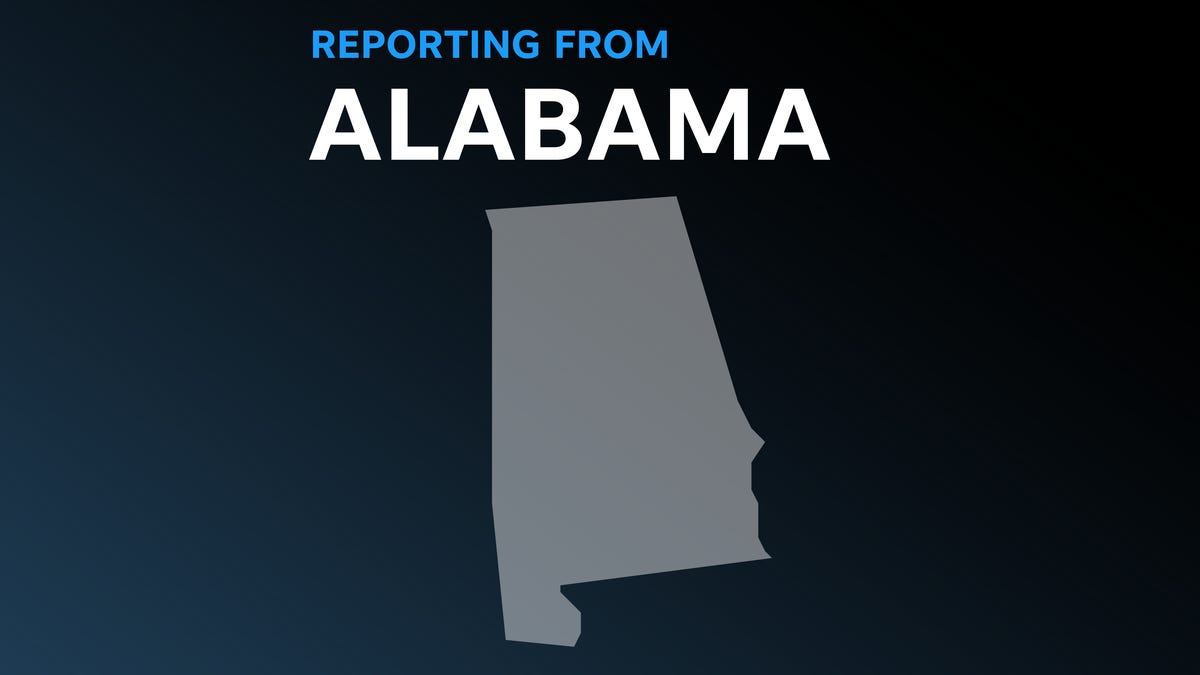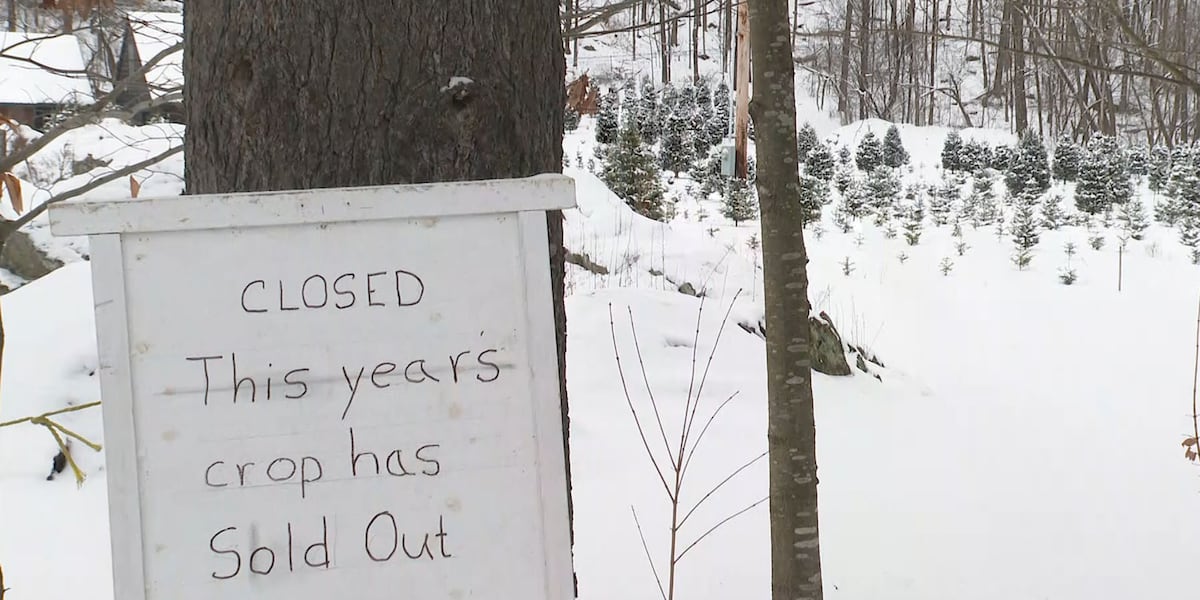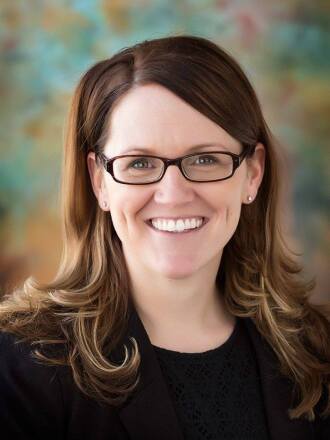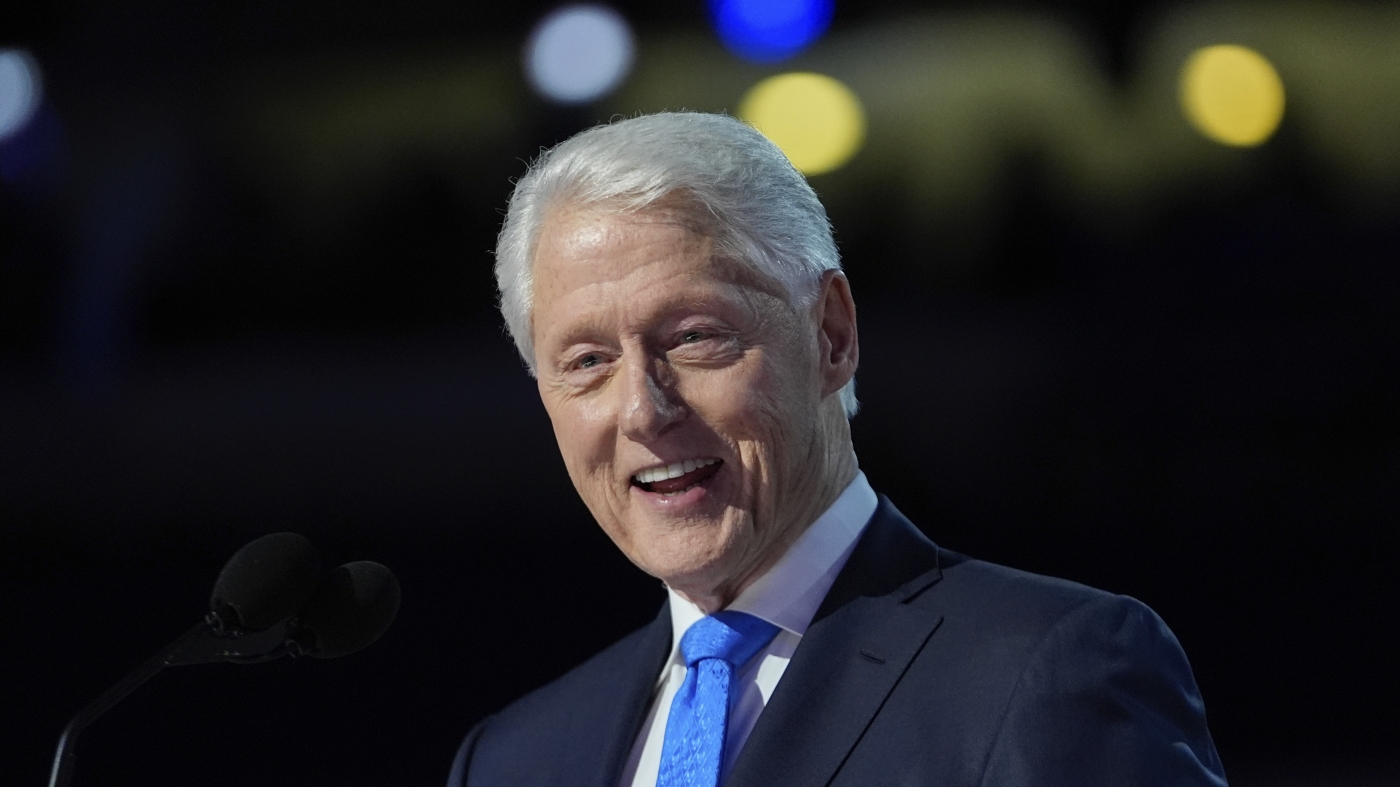South Dakota regulators on Wednesday denied a construction permit for a carbon dioxide pipeline project, one month after a North Dakota panel did the same to a similar project by another company.
Navigator CO2 Ventures wants to build a 1,300-mile pipeline network across Illinois, Iowa, Minnesota, Nebraska and South Dakota, to carry planet-warming carbon dioxide emissions from more than 20 industrial plants to be buried over a mile underground in Illinois.
The South Dakota Public Utilities Commission voted unanimously to deny Navigator’s application for its Heartland Greenway pipeline. Chair Kristie Fiegen cited myriad reasons in her motion to deny, including the company’s lack of promptness and several objections to commission staff questions as well as struggles to notify landowners of routes and meetings. She detailed concerns related to safety, community growth, landowners and emergency responders, among other issues.
People are also reading…
The proposed South Dakota route encompassed 112 miles and would serve three ethanol plants. The panel’s decision came after evidentiary hearing sessions in July and August.
Navigator expressed disappointment that the permit was denied, and was weighing its options going forward.
“Our commitment to environmental stewardship and safety remains unwavering, and we will continue to pursue our permitting processes in the other regions we operate in,” the company said in a statement.
The decision comes just days before the South Dakota panel is set to begin an evidentiary hearing Monday for a separate CO2 pipeline project, proposed by Summit Carbon Solutions, with a final decision expected by Nov. 15.
Brian Jorde, an attorney for South Dakota landowners opposed to the Navigator and Summit projects, expressed hope that Navigator might now drop the South Dakota leg of the project, given that most of the plants it would serve are in Iowa and other states.
Similar projects are proposed around the country as industries try to reduce their carbon footprints. Supporters say carbon capture will combat climate change. Governments and companies are making big investments in it. But opponents say the technology isn’t proven at scale and could require huge investments at the expense of alternative energy sources such as solar and wind power.
Landowners across the Midwest have opposed such pipeline projects, fearing their land will be taken and that the pipelines could break, spewing hazardous carbon dioxide into the air.
Other states continue to weigh Summit’s project, which would encompass a 2,000-mile network from 30-some ethanol plants throughout Iowa, Minnesota, Nebraska, North Dakota and South Dakota to an underground storage site in North Dakota’s Oliver County.
The Iowa Utilities Board began its evidentiary hearing for Summit last month. It’s expected to last several weeks.
North Dakota’s Public Service Commission last month denied Summit a siting permit. The company subsequently asked the panel to reconsider. The regulators have a work session set for Friday to discuss the request. A decision will come sometime after the meeting.
Summit this week withdrew its applications to Oliver County for two permits related to construction of injection wells for its underground CO2 storage site in central North Dakota.
The company’s move came after the county’s planning and zoning board voted last week to forward a denial recommendation to the county commission. The board had cited a lack of information from Summit, safety concerns and no financial or economic benefit to the county or residents, Oliver County Auditor Jaden Schmidt said.
Summit spokesperson Sabrina Ahmed Zenor said the company would work to address Oliver County’s questions and concerns and that it was confident of securing the necessary permits from the county.


























/cdn.vox-cdn.com/uploads/chorus_asset/file/23951353/STK043_VRG_Illo_N_Barclay_3_Meta.jpg)
/cdn.vox-cdn.com/uploads/chorus_asset/file/24924653/236780_Google_AntiTrust_Trial_Custom_Art_CVirginia__0003_1.png)



